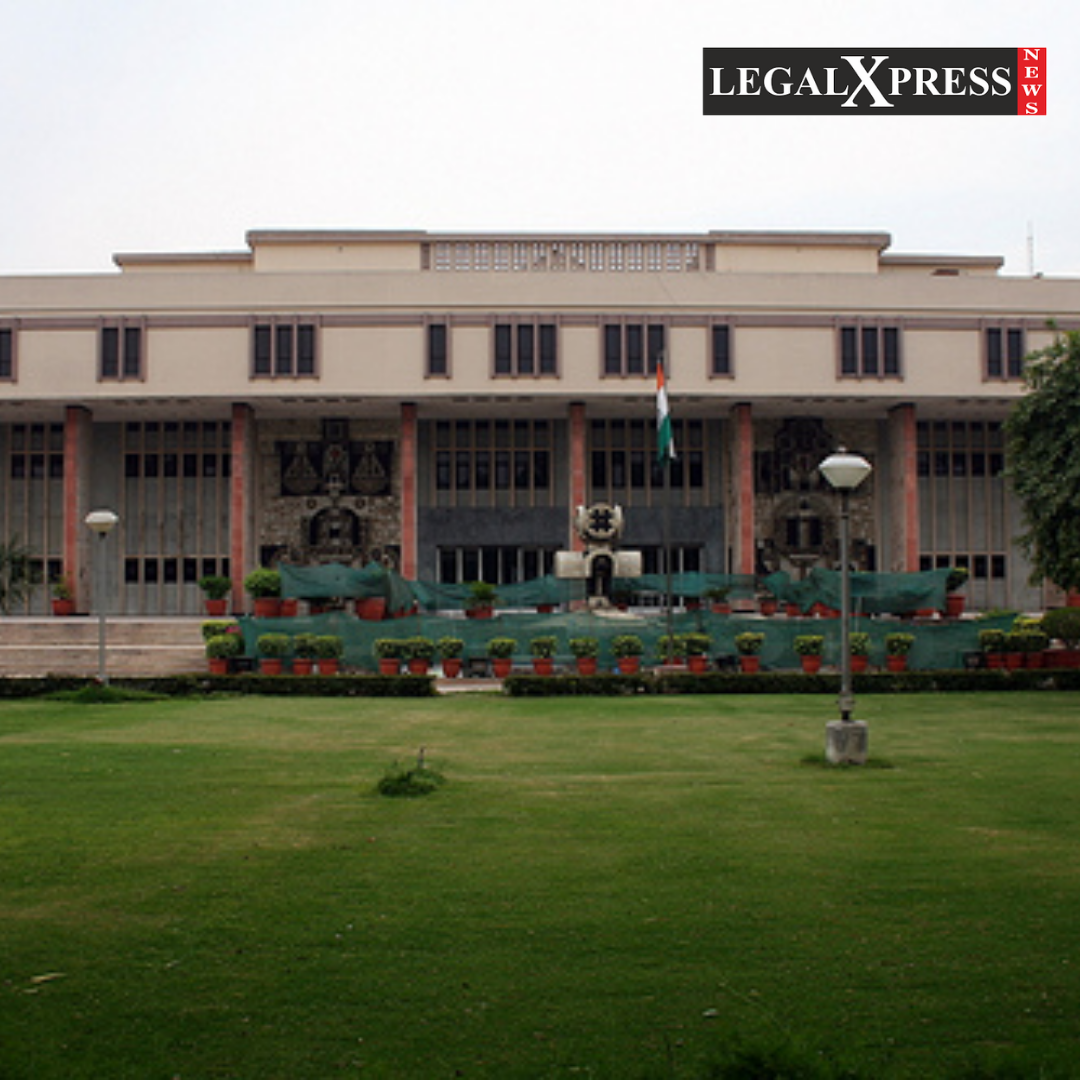 The Delhi High Court held that interim moratorium under Section 96 of IBC,2016 becomes applicable as soon as an application is filed by a creditor/debtor for insolvency proceedings under Section 94 or 95,IBC.
The Delhi High Court held that interim moratorium under Section 96 of IBC,2016 becomes applicable as soon as an application is filed by a creditor/debtor for insolvency proceedings under Section 94 or 95,IBC.
|
Interim Moratorium under Section 96 of IBC, 2016 is limited to a particular Guarantor and will not protect the other Personal Co-Guarantors.
The Delhi High Court in the case of Axis Trusteeship Services Limited v. Brij Bhushan Singhal & Anr., CS(COMM) 8/2021 ruled that if a creditor or debtor files an application for commencement of bankruptcy proceedings under Section 94 or Section 95, an interim moratorium under Section 96 of the Insolvency and Bankruptcy Code (IBC),2016 will apply. Anything related to continuing debt is also deferred. The Delhi High Court recently dealt with the summary suits filed by the creditors, Axis Trustee Services Limited and Norddeutsche Landesbank of Bhushan Steel Limited against their former promoters-Brij Bhushan Singhal and Neeraj for reclamation of money against the defendants.
A bench of Single Judge-Justice Amit Bansal, who had previously heard the parties several times, reserved the verdict on 5th September 2022. Defendant subsequently filed a claim under Order VII Rule 11 of the Code of Civil Procedure because bankruptcy proceedings before the National Company Law Court (NCLT), New Delhi were also brought against him. The Code's moratorium under Section 96 precludes litigation against any defendant. Senior Advocate Sandeep Sethi represented the Defendants. Further, Defendant contended that the interim moratorium would only apply against all debts of a particular co-debtor and not any other person or co-guarantor. The plaintiffs were represented by Senior Advocate, Dayan Krishnan. The Application states that under Sections 78 and 79 of the IBC, the body for determining personal guarantors is the Debt Recovery Tribunal, and therefore applications under Section 95 of the IBC cannot be brought before the NCLT as it lies outside its jurisdiction.
After considering the arguments advanced, the judge held that the NCLT was an appropriate forum concerning the bankruptcy proceedings brought against the defendant as personal surety of Bhushan Steel, a corporate debtor. He added that the relevant time from entry into force of the interim moratorium is the time an application under Section 94 or Section 95 is filed. The Court held that the interim moratorium under Section 96 of the IBC, 2016 specifically applies to all debts of a particular debtor and not to other fellow personal guarantors. Justice ruled that this is opposite to the Moratorium under Section 14 of the IBC.
The term “all debts” in Section 96(1)(a) should refer to all the obligations of a particular debtor. An interim moratorium on one of the co-guarantors does not protect the other co-guarantor, even if the liability of both co-guarantors arises from the same obligation or debt. Section 60(1) of the IBC provides that, about the administration of the corporate insolvency process, including corporate debtors and personal sureties, the competent authority is NCLT. Consequently, the Court has to assess whether the claim filed against the parties under Section 95, IBC concerning the bankruptcy proceedings could proceed. The effective date of the interim moratorium is the date of application by Section 94 or Section 95 of IBC, 2016.
Tags : #HighCourt #Delhi #InterimMoratorium #IBC
Copyright A unit of White Code Global Consulting Pvt Ltd. All rights reserved. Unless otherwise indicated, all materials on these pages are copyrighted by A unit of White Code Global Consulting Pvt Ltd. All rights reserved. No part of these pages, either text or image may be used for any purpose. By continuing past this page, you agree to our Terms of Service, Cookie Policy, Privacy Policy and Content Policies.